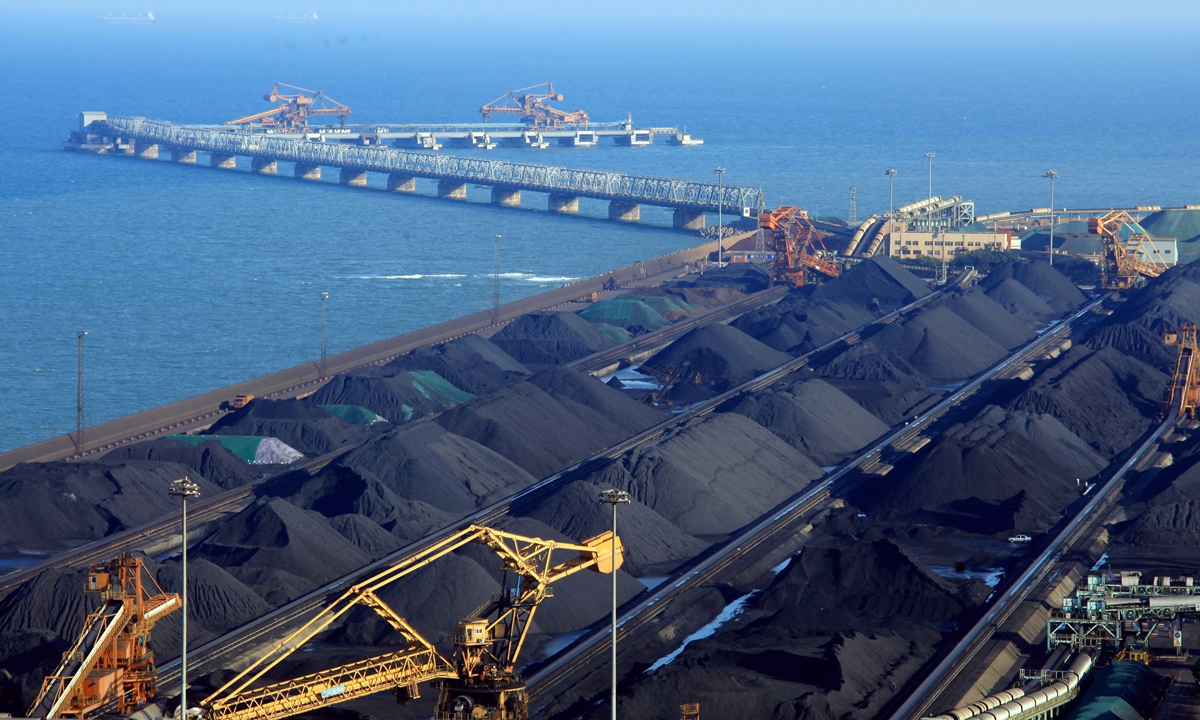
A highly likely round of safety inspections at China’s coal mines may worsen the already tight supply in the nation, which in turn could boost imports from Russia and Mongolia, industry experts said on Sunday, after a mine in Northwest China’s Qinghai Province was flooded by mud.
The potential impact comes as summer demand for power plants is still strong, and truck drivers are waiting for hours to load coal, pushing prices up about 10 percent since July. Shortages may speed up China’s coal imports from neighbors such as Russia and Mongolia, an expert said.
Rescue efforts were still underway at the coal mine in Haibei Tibetan Autonomous Prefecture in Qinghai, where the incident has left one dead and 19 others trapped, the Xinhua News Agency reported on Sunday.
“The mine was ordered by the provincial mine safety administration on August 2 to suspend production and rectify irregularities,” Yin Maowen, deputy head of Haibei prefecture, told a press conference on Sunday, per the Xinhua report.
The mine, which opened in September 2009, produced 900,000 tons a year, according to Xinhua.
The incident will have an impact on China’s coal production, as local authorities will likely strengthen safety inspections, an Inner Mongolia-based industry source who preferred to remain anonymous told the Global Times on Sunday.
China’s coal supply is already tight. According to domestic media outlet qhrb.com.cn, stockpiles at China’s main coal port Qinhuangdao totaled 4.23 million tons on Friday, down 4.3 percent compared with a week earlier. Guangzhou Port in South China’s Guangdong Province had 2.45 million tons, down 6 percent on a weekly basis, and Caofeidian Port in North China’s Hebei Province had 3.04 million tons, down 9 percent.
“Because of the unprecedented havoc in China-Australia relations, which reduced China’s coal purchases from the country, more sources will be needed to make up for the shortage,” Song Kui, president of the Contemporary China-Russia Regional Economy Research Institute, told the Global Times on Sunday.
“We have sourced coal from Russia, Mongolia and other countries as the new strategic direction. They are our neighbors, making transport more convenient,” Song noted.
However, the coronavirus slowed customs clearance between China and Mongolia, Song pointed out. In order to increase coal exports, Mongolia decided to set up more checkpoints at its border with China, media reports said.
In July, China imported 30.18 million tons of coal, up 15.62 percent year-on-year, customs data showed.


